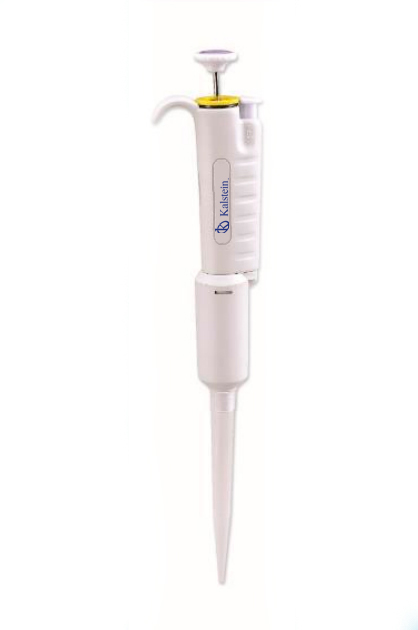Pipettes have become pivotal in the precise and effective execution of tasks within a laboratory. Their main role in providing precision and control in the measurement process has solidified their presence in various fields, including medical research, bioanalytic chemistry, and molecular biology, among others.
Despite being a simple tool, their ability to solve specific problems makes them a vital contribution to medical innovation and laboratory research.
Are you yearning for top-tier medical equipment, ready to enhance the efficiency of your laboratory? Visit https://kalstein.it/category-product/laboratory-line/pipettes/ to explore our high-end catalog, packed with the best finds at the most competitive prices. Excellence marks our brand, we innovate and manufacture high-precision equipment, both reliable and durable to meet your needs. Why wait? Make your quick and secure online purchase, take the leap towards the future of medical technology today. https://kalstein.it/
Pipettes’ Evolution: Favoring Precision in Measurement
For a long time, scientists have been in search of ways to improve the accuracy and precision of measurements. A pipette has been an answer to this need. Pipettes have evolved over time to adapt to the changing demands of scientific research. They have transitioned from being simple glass tubes to becoming high-precision instruments.
Modern pipettes have unique features such as internal calibration and volume adjustment that allow users to make precise liquid measurements. Furthermore, pipettes can also be calibrated to ensure the accuracy and consistency of measurement, thus minimizing any potential errors during the testing procedure.
Unique Pipette Features: Innovation in the Laboratory
The pipette, essentially, is an instrument used to measure and transfer volumes of liquid in a lab. However, modern pipettes have evolved to offer unique and beneficial features to users. They offer a wide range of volume capacities, from microliters to milliliters, which allows for flexibility in different types of research.
Furthermore, pipettes also offer various operating options, including manual and electronic pipettes, to accommodate different user needs and preferences. Electronic pipettes, in particular, add a degree of automation and consistency in the measurement and transfer of liquids.
Benefits of Using Pipettes in Laboratory Research
Pipettes are widely recognized for their multiple benefits in laboratory research. They are indispensable tools for carrying out tasks precisely and effectively. They can handle small to large volumes of liquids with extreme precision, which is crucial for experiments requiring exact measurements.
In addition, pipettes ensure repeatability and consistency in long-term experiments. The accuracy of pipettes saves time and resources, which is vital in clinical and medical research where accurate results are essential.
Pipettes and Medical Innovation: Solving Specific Problems
Pipettes play a crucial role in medical innovation. They aid in the discovery and development process of drugs and therapies, where precision and accuracy are key. Moreover, they are used for handling biological fluids and chemical reagents, which directly impact the outcomes of tests and diagnostics.
Pipettes have been fundamental in the fight against diseases and in the advancement of personalized medicine. They enable the customized preparation of drug doses, thus enhancing the efficiency and effectiveness of treatment.
How to Maintain and Calibrate Pipettes for Optimum Performance
Proper maintenance and calibration of a pipette are essential for its efficient function. Good laboratory practices, including cleaning and regular inspection of the pipette, should be followed. It’s vital to recalibrate pipettes periodically to maintain their accuracy and precision.
Overcoming Laboratory Challenges with Pipettes
Pipettes are an effective solution to many laboratory challenges. They provide the ability to carry out multiple tasks accurately, enhance testing efficiency, and reduce the risk of human errors.
In summary, pipettes are an essential contribution to medical innovation and laboratory research. They facilitate precise and efficient research, which in turn leads to medical discoveries and scientific advancements. As research and innovation continue to advance, pipettes will undoubtedly continue to play a key role.

